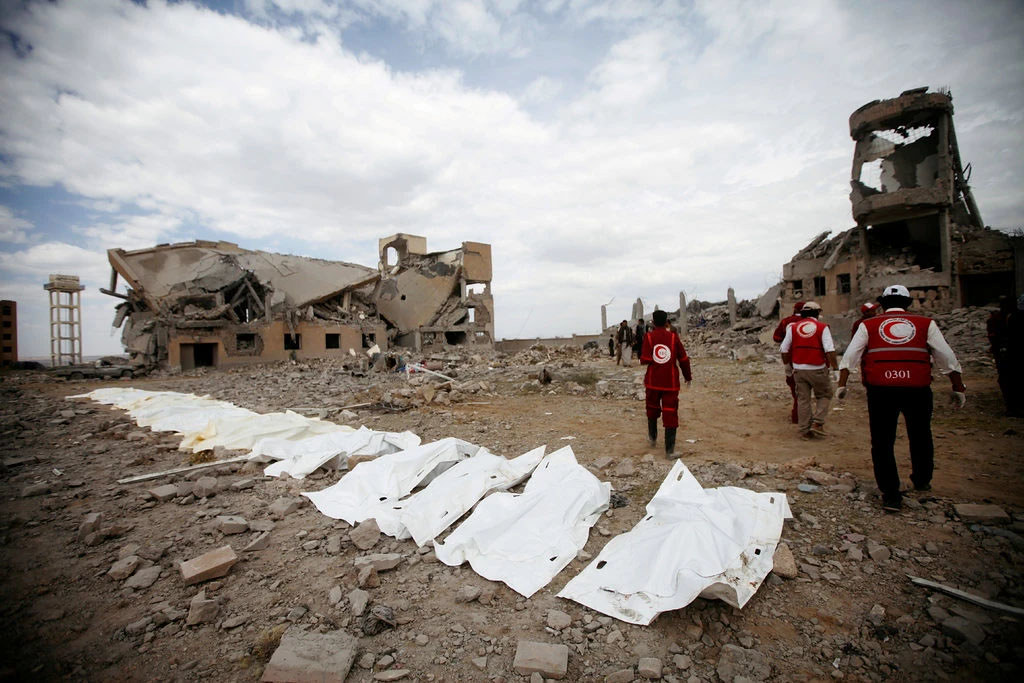SANA’A (Transatlantic Today) – With predicted improvements in American foreign policy, there were expectations that Yemen’s conflict would de-escalate when US President Joe Biden took office last year.
This year, though, the fight has only become more intense. Yemen’s internal, regional, and international violence has increased, particularly after the Houthi strikes on Abu Dhabi on January 17th.
Analysts fear that if this pattern continues, Yemen’s humanitarian crisis, which the UN has classified as the world’s worst, will only get worse.
The Saudi-led military alliance became more unified in late 2021. As a result, the Houthis have found themselves in a weakened position, with Ansarullah — the most powerful Houthi militia – losing territory in 2020-21.
This aspect, according to observers, is crucial to understanding the Houthi reasons for targeting Abu Dhabi with missiles and drones this year. The rebels are presently seeking to persuade the United Arab Emirates (UAE) to stop supporting al-Weyat al-Amaliqa and other Yemeni troops (the Giants Brigades).
Many analysts, however, believe that this Houthi tactic would likely fail and backfire on the warriors who have controlled Sanaa since 2014. Ansarullah fears that the Emiratis would escalate their backing for anti-Houthi forces while aligning more strongly with Saudi Arabia as a result of the strikes against Abu Dhabi.
As a result of Ansarullah’s strikes on Abu Dhabi, the Biden administration may comply with the Emirati request to reclassify the main Houthi group as a “Foreign Terrorist Organization” (FTO). This would reintroduce a policy implemented by former US President Trump’s administration, which Biden rescinded a year ago.
There are considerable worries about how this decision by the US would aggravate Yemen’s humanitarian crisis, which is already deteriorating due to rising fighting on the ground.
There is no reason to foresee any humanitarian advances until the conflict ends.
According to Al Jazeera, one possible silver lining of the January 17 attack on the UAE and retaliatory bombings by the Saudi-led military alliance is that Yemen has regained some worldwide attention.
If present diplomatic efforts aimed at pushing the combatants to make compromises and participate in constructive dialogue are successful, there may be hope for a scenario in which the different players in Yemen’s conflict sit down in good faith for genuine discussions.
However, as is typically the case, major countries will find it impossible to sway the formidable Houthi militia Ansarullah.
To stop the war in Yemen, however, the Houthis must think that negotiating a political settlement is in their best interests rather than continuing to fight.






